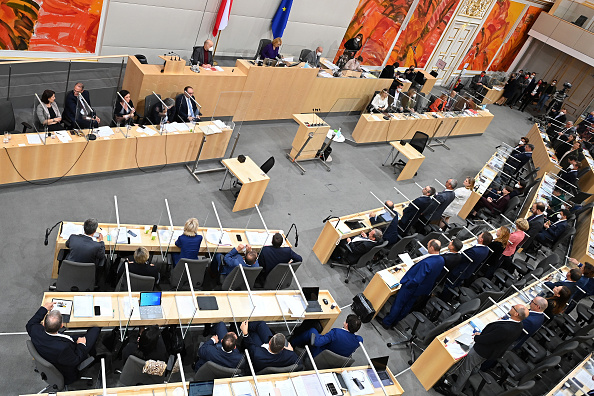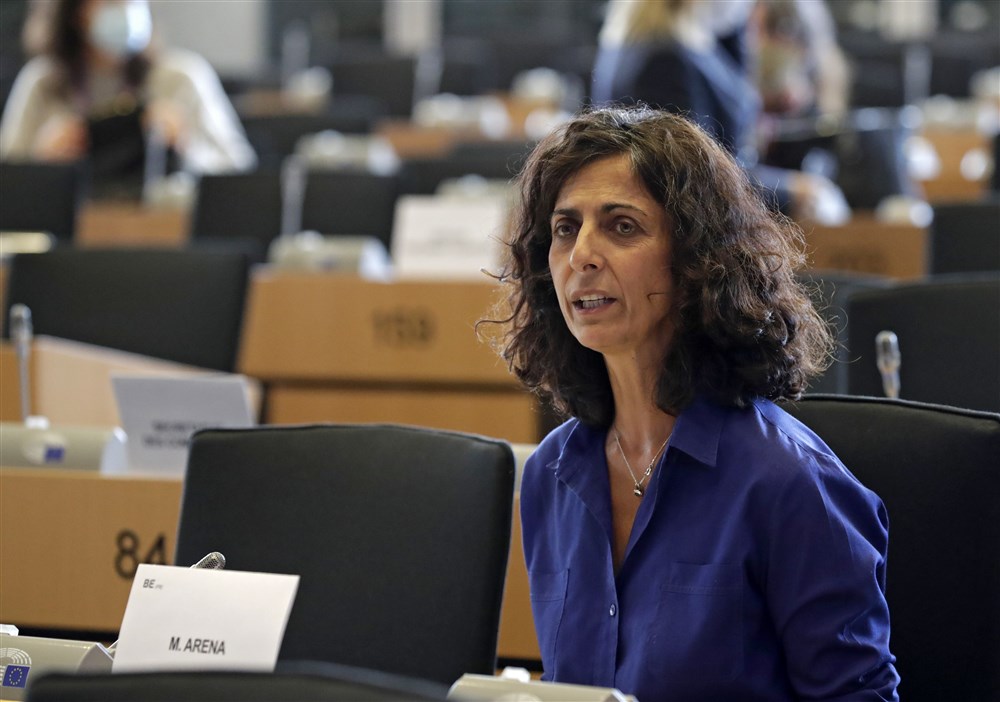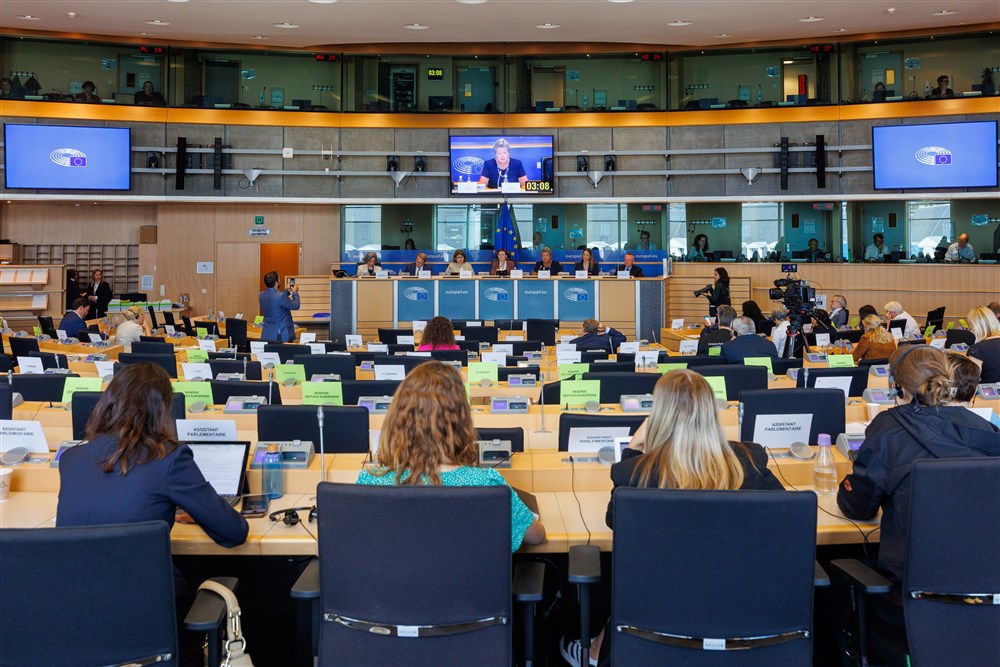The European Parliament’s Socialist (S&D) Group failed to conduct basic checks to protect against corruption by its own MEPs, the group’s internal report reviewing the Qatargate scandal has revealed.
Released without fanfare on July 6, the report reviews the Group’s internal rules for dealing with corruption, or more accurately, the lack of them.
Among many of the failings listed by the investigators, one was that the Group did not press MEPs to disclose conflicts of interest before they were appointed to important Parliament positions.
The report does not name parliamentary staff or MEPs responsible for these failures. Instead, it suggests a set of reforms for both the S&D Group and the EU Parliament.
Speaking to Brussels Signal, a former EP staffer for a large political group was surprised by the findings.
“They’re a big group, very embedded in the Parliament,” he said. “They have all the Committee positions, they go on all the delegation trips. It’s amazing they don’t have some sort of official oversight for their MEPs, or even some kind of whips system.”
If a political group suspects an MEP of wrongdoing, a report should be passed to the Parliament’s internal review department, he said.
This criticism was also laid out in the report, which said that the enforcement of rules regarding financial interests “appears to have been lax”.
“Members with questionable declarations were not systematically chased up,” it reads.
Internal S&D Group rules meanwhile were described as being “silent on conflicts of interest.”
The report also notes that the EU’s anti-fraud office, OLAF, was refused access to the offices of MEPs, as well as their emails, and computers. It said the Group had no procedure for allowing access when OLAF made these requests.
Also noted by the document was that the S&D Group has no provisions for punishing MEPs other than expelling them. Socialist MEPs would only expect repercussions if their wrongdoing was particularly severe, such as being caught with suitcases stuffed with cash.
After speaking to over 80 staff members of the Group, the auditors claim they did not find any other information that may be of relevance to the ongoing Qatargate investigation.
A report by Spanish website Euroefe, meanwhile, revealed that S&D staff and members were allowed to read over the text in a closed room two days before it was released.
It is unclear whether the Qatargate scandal report, and its downbeat release, will do anything to rescue the reputation of the S&D Group or the European Parliament more broadly.
Brussels Signal reached out to many S&D MEPs and staffers for comment. No reply has been received as of writing.





